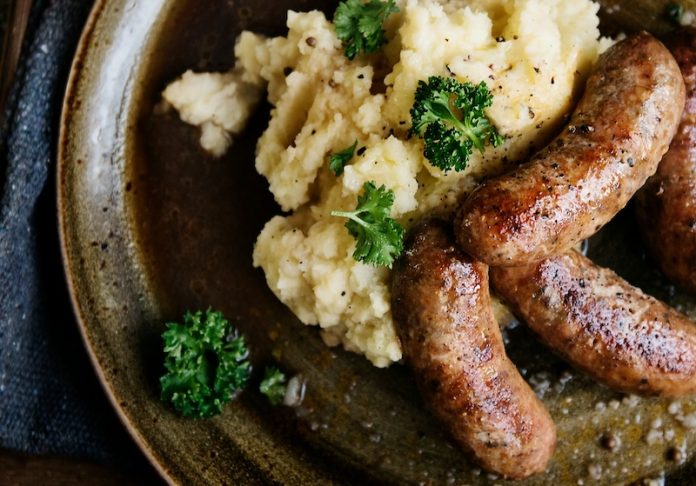
Potatoes are a popular food around the world, but how they’re prepared may influence their impact on health. A recent study from Imperial College London found that fried potatoes, not other types of potatoes, are linked to higher blood pressure and body weight in some women.
Previous research has hinted at a connection between eating more potatoes and increased risks of high blood pressure and obesity. However, these studies often overlooked important factors such as cooking methods, overall diet, and meal quality, which might affect the results.
To better understand these links, researchers analyzed data from the International Study of Macro- and Micro-Nutrients and Blood Pressure (INTERMAP). The study involved 2,696 adults aged 40 to 59 in the US and UK.
They looked at how potatoes were consumed—whether boiled, mashed, baked, or fried—and assessed the participants’ overall dietary patterns and the nutritional quality of their meals.
The study found no link between eating total potatoes or non-fried potatoes (like boiled, mashed, or baked) and either blood pressure or body mass index (BMI).
However, in US women, eating more fried potatoes was associated with slightly higher blood pressure: an increase of 2.29 mmHg in systolic blood pressure and 1.14 mmHg in diastolic blood pressure.
These changes occurred regardless of body weight. Additionally, fried potato consumption was linked to higher BMI in women, but not in men.
Interestingly, the nutritional quality of the meals containing fried potatoes also played a role. Poor-quality meals, often high in calories, fats, and low in nutrients, were linked to higher blood pressure in women who ate fried potatoes.
However, fried potatoes eaten as part of a higher-quality meal did not show the same association with blood pressure.
These findings suggest that fried potatoes, especially when part of unhealthy meals, may contribute to higher blood pressure and weight gain in women. Non-fried potatoes, on the other hand, do not appear to have the same effect.
This research highlights the importance of considering not just the food we eat but also how it’s prepared and what it’s paired with. Fried foods, often consumed as part of meals with low nutritional value, could negatively affect health over time.
For those managing their blood pressure, it’s worth focusing on healthier cooking methods like boiling, baking, or steaming potatoes. Pairing them with nutrient-rich foods can help maintain a balanced diet.
Other studies have found additional ways to manage blood pressure, such as drinking certain juices or using new strategies for treatment. Some medications, like those for inflammation, can unexpectedly increase blood pressure, so it’s important to monitor all aspects of health.
This study, led by Ghadeer S. Aljuraiban and published in Clinical Nutrition, adds valuable insights into how simple dietary choices, like cooking methods, can make a difference in health outcomes.
If you care about high blood pressure, please read studies that early time-restricted eating could help improve blood pressure, and natural coconut sugar could help reduce blood pressure and artery stiffness.
For more information about blood pressure, please see recent studies about added sugar in your diet linked to higher blood pressure, and results showing vitamin D could improve blood pressure in people with diabetes.
Copyright © 2024 Knowridge Science Report. All rights reserved.



